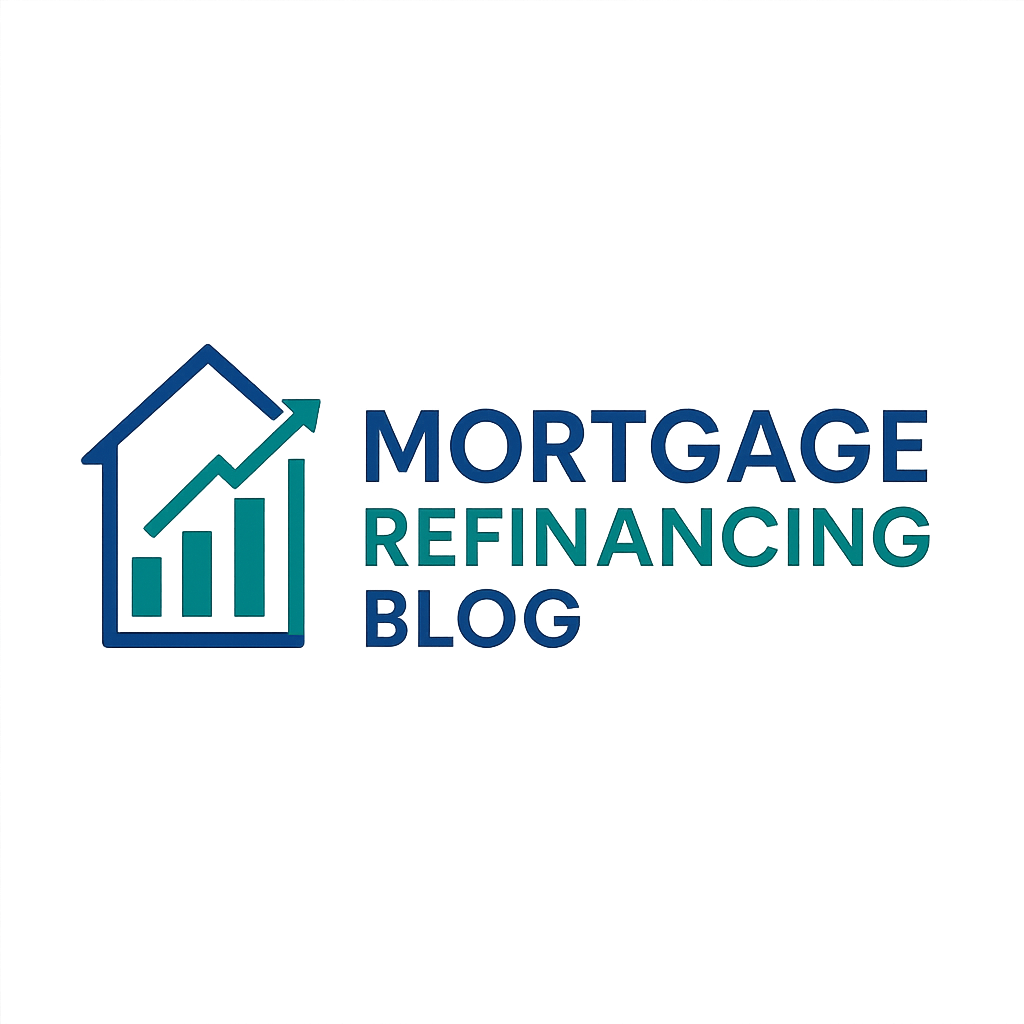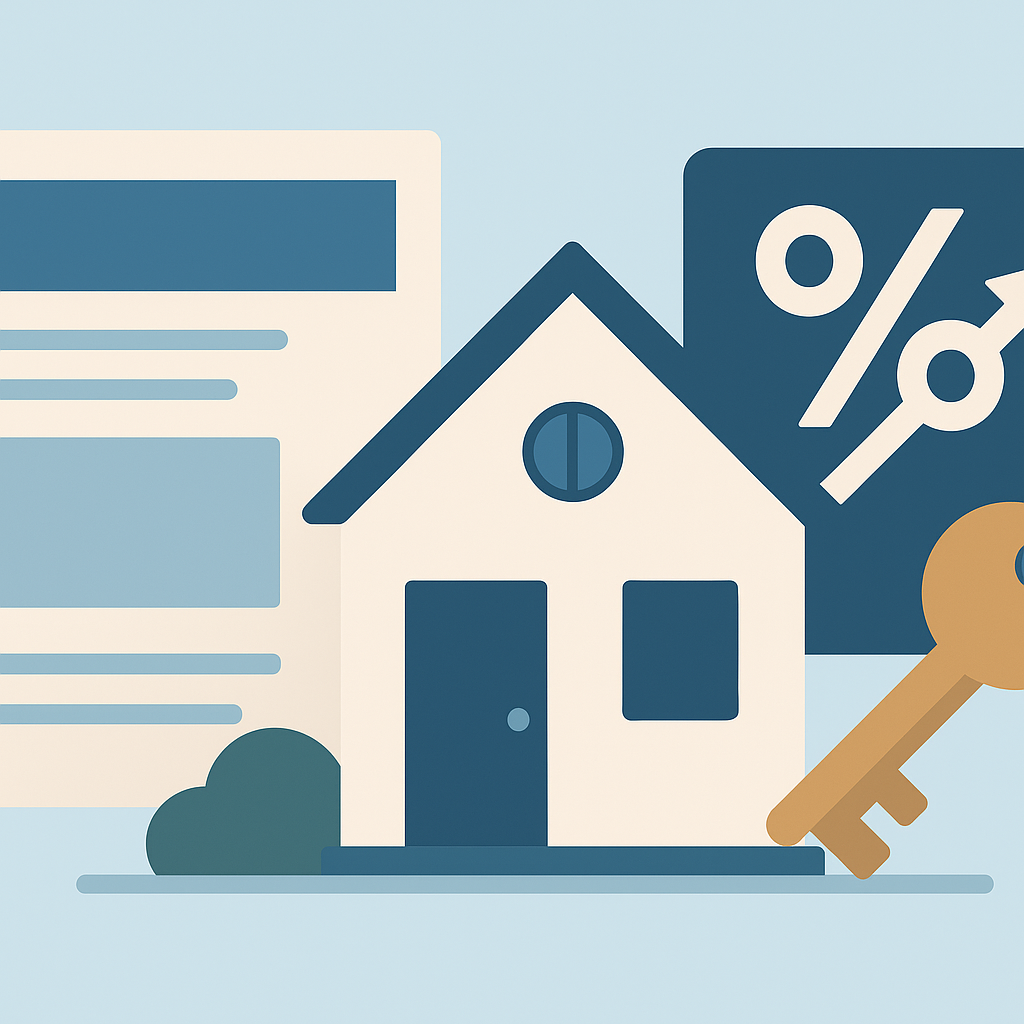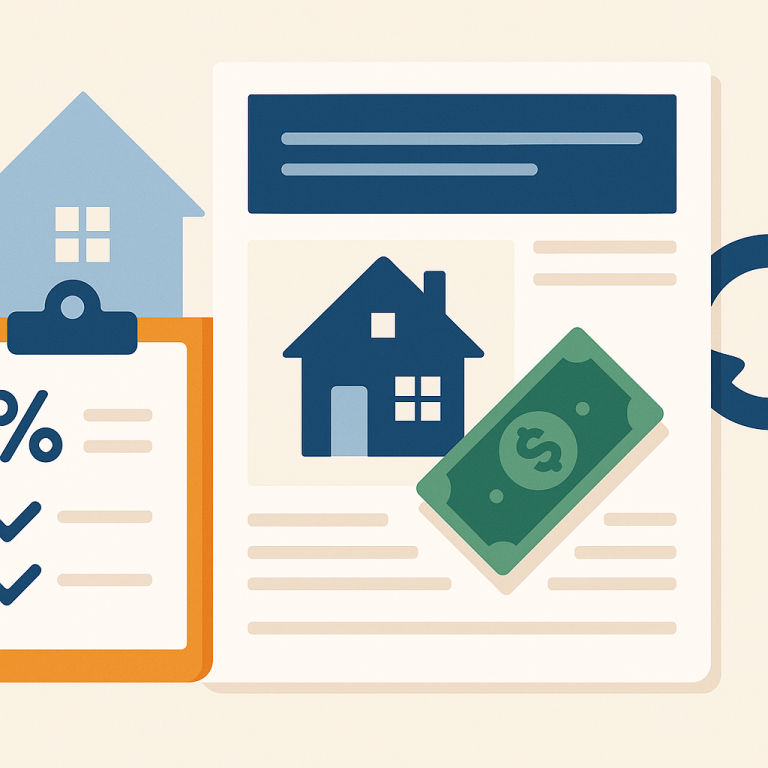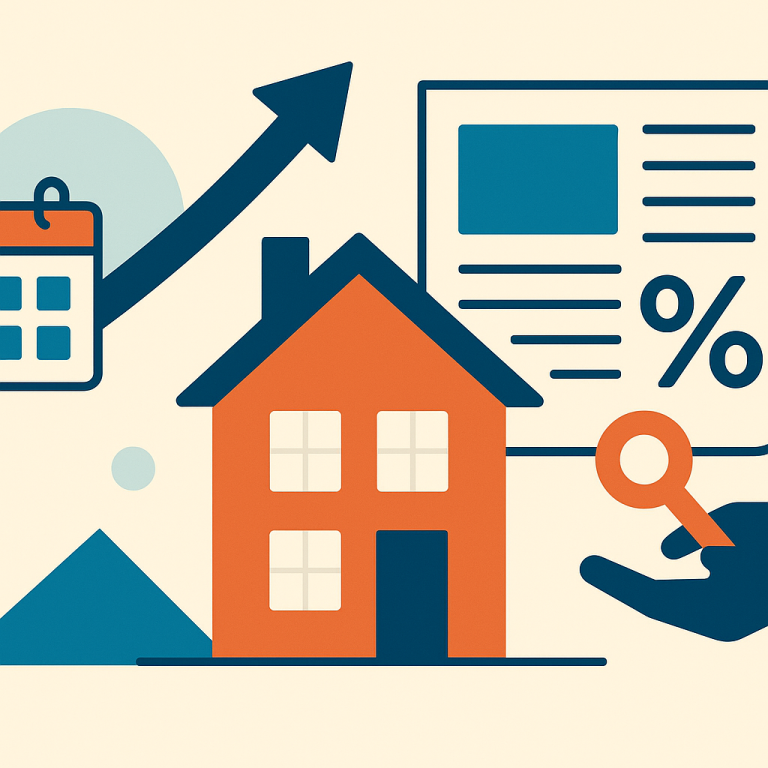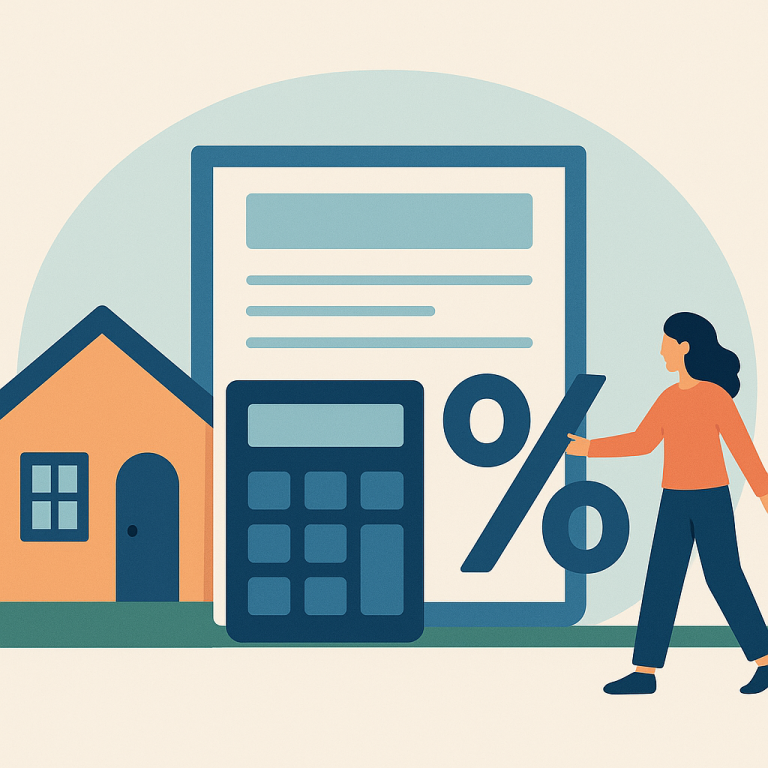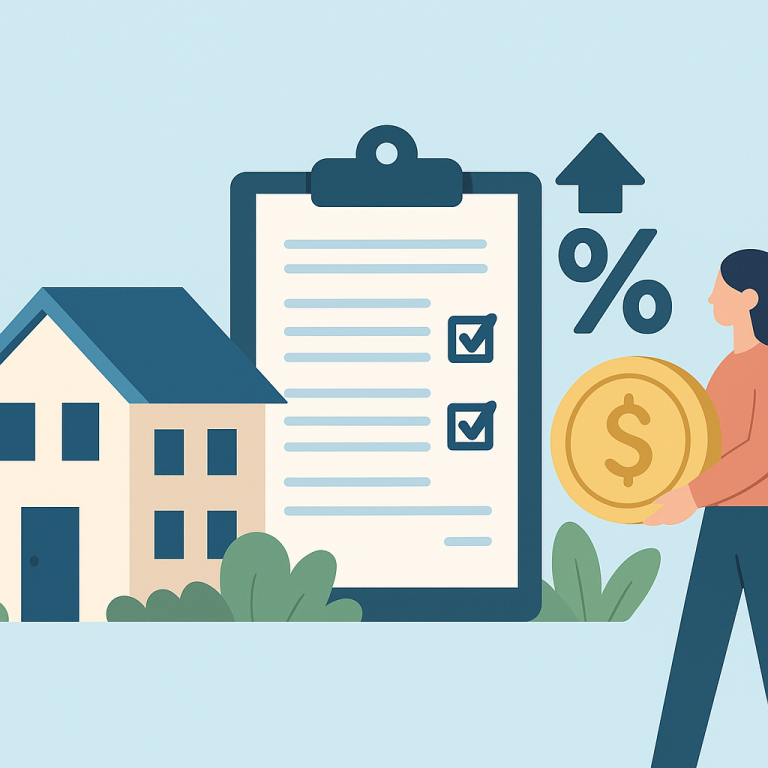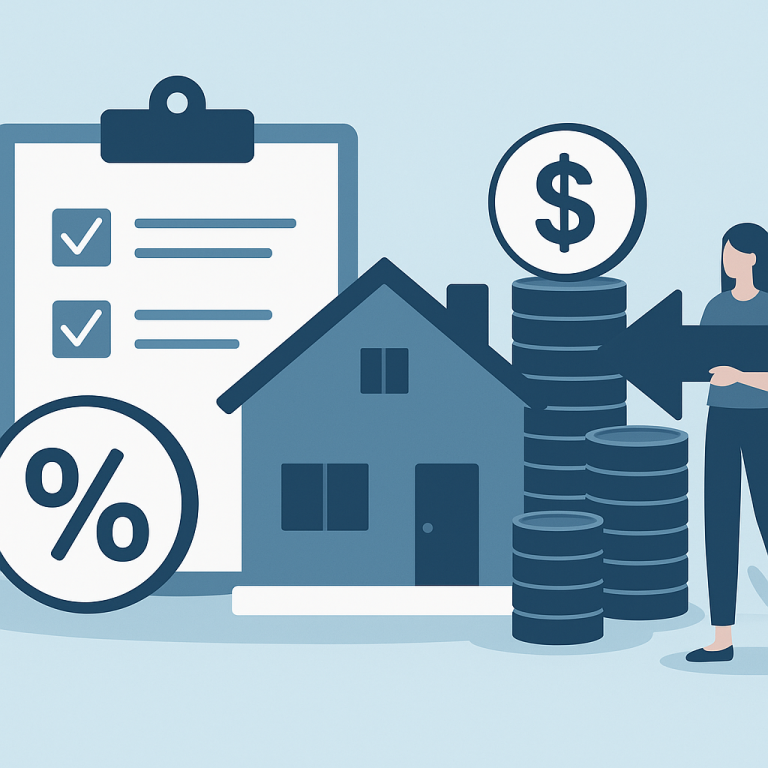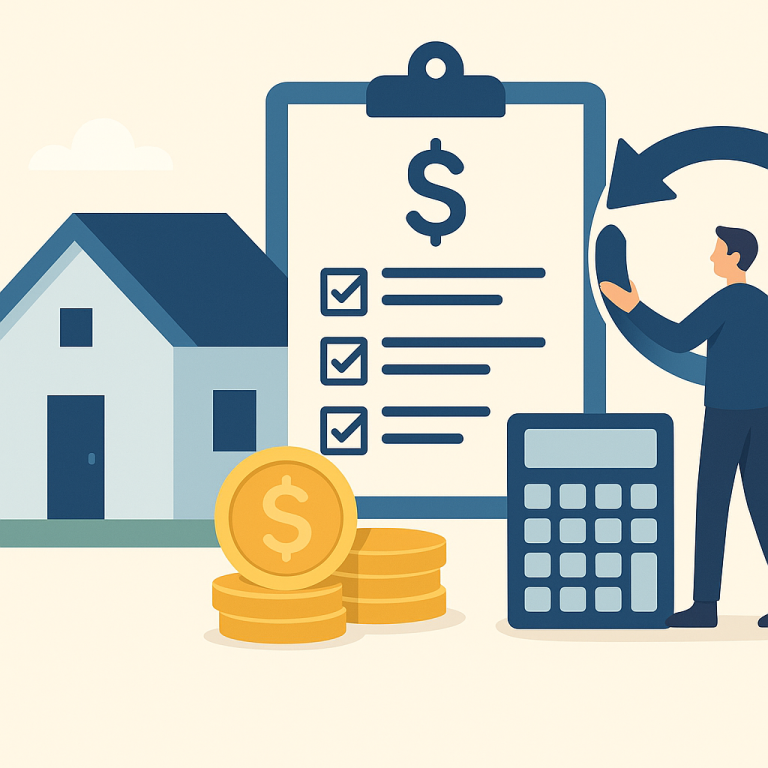Top Mortgage Lenders Slash Refinance Origination Fees, Cutting Typical Closing Costs
Refinance Selectively: When the Numbers and Goals Line Up for Homeowners
Mortgage refinancing activity has shifted from broad buyer frenzy to a more targeted decision-making process. With borrowing costs higher than the lows seen in recent years, refinancing now tends to make sense for homeowners who have clear objectives — cutting total interest, shortening loan term, tapping equity for planned expenses, or consolidating higher-cost debt — and who meet the lending criteria to make the math add up.
Why refinancing is a selective rather than universal move
Refinancing carries upfront costs and can reset the amortization clock, which means immediate savings are not guaranteed. Homeowners with substantial equity and strong credit profiles are most likely to qualify for attractive loan terms and to recoup closing costs within a reasonable timeframe. Conversely, borrowers with limited equity, lower credit scores, or plans to sell soon are less likely to realize net benefits.
Common reasons homeowners still refinance
Even in the current environment, several refinancing objectives remain compelling when aligned with personal goals:
- Rate-and-term refinancing to lower interest expense or monthly payment, provided savings exceed closing costs over a sensible break-even period.
- Term reduction to accelerate equity building and reduce total interest paid over the life of the loan.
- Cash-out refinancing to fund home improvements or consolidate higher-rate consumer debt, when the homeowner has ample equity and a repayment plan.
- Switching from an adjustable-rate mortgage to a fixed-rate mortgage for long-term payment stability.
Key costs and trade-offs to evaluate
Homeowners should weigh several factors before refinancing. Closing costs and fees can reduce or erase short-term benefits. Extending the loan term can increase total interest paid even if monthly payments fall. Some mortgages carry prepayment penalties that change the break-even calculus. Tax implications, especially for cash-out transactions, and the impact on long-term financial goals should also be considered.
Practical steps to decide if refinancing is right for you
Follow a structured approach to determine whether to pursue refinancing:
- Clarify objective: lower payment, shorten term, access equity, or stabilize payments.
- Estimate all costs: lender fees, appraisal, title, and any prepayment penalties.
- Calculate break-even time and total interest outcomes under different scenarios.
- Shop multiple lenders to compare APR and loan features, not just headline rates.
- Confirm credit and documentation requirements to avoid surprises during underwriting.
Homeowner takeaways
- Refinance when it meets a clear financial goal and when projected savings materially exceed costs over your expected ownership horizon.
- Strong equity and solid credit increase the chances that refinancing will be advantageous.
- Be cautious about extending the loan term unless the trade-off—lower monthly payment versus higher lifetime interest—is intentional and acceptable.
- Shop lenders for loan-level terms and fees; small differences in cost can change the outcome.
- Run scenarios for both best- and worst-case timelines (keeping the home for a short period versus long term) before committing.
Refinancing remains a useful tool for homeowners with specific objectives and the financial profile to support them. When the decision is driven by clear goals and careful comparison of costs and benefits, refinancing can improve long-term financial outcomes or provide necessary liquidity on favorable terms.
META: tags=refinance,homeowner-tips,mortgage-news
